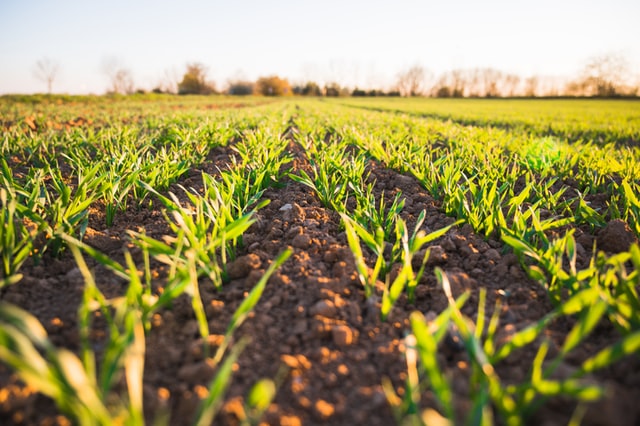Being both an environmentalist and an agronomist, I have always been fascinated by organic agriculture. Although the organic market in Russia is in its early stages, Russia seems to be an attractive location for the development of organic agriculture, since agriculture is not as intensive as it is in the rest of Europe.
Moreover, there is a lot of fallow and abandoned land available. So moving towards organic agriculture might not be as dramatic as it seems. In this blog, I outline the most common barriers to the development of the organic food market in Russia and explore the motivations of the middle-class Russian consumers that lie behind their purchases of organic food. I also look at what influences consumers’ choice and see if they are willing to pay premium for organic food.
Despite the opportunity, only 1% of agricultural land in Russia is devoted to organic agriculture. So, I asked myself whether this was because of low demand or there are other barriers? Looking for clues, I conducted a survey in the supermarkets where middle class consumers shop for food as well as on the streets of St. Petersburg. Those who have ever conducted any kind of survey will know that it can be challenging and that people prefer to spend their time in some other way than discussing organic food with you. However, my personal interest and the fact that there has been very few studies conducted on this topic gave me strong motivation and assured me that my research worth it. So much so that I managed to complete 300 questionnaires!
The most common barriers to develop the market for organic food are: distribution channels; lack of knowledge among consumers about organic production and labelling; weak regulation; premium price; and lack of consumer trust. Let’s talk about each of these one by one.
